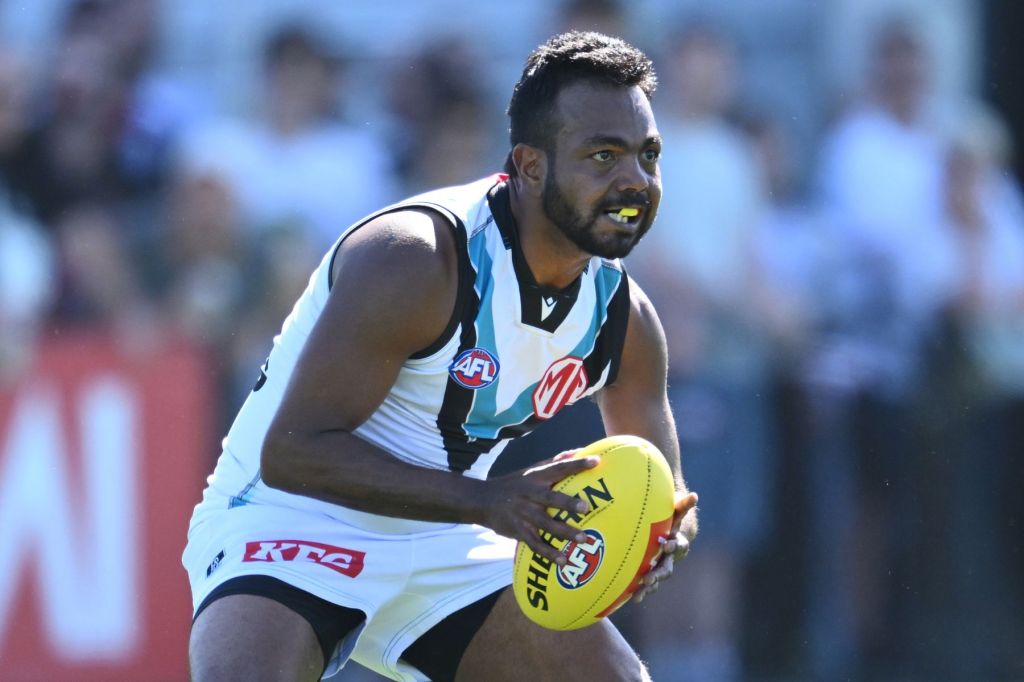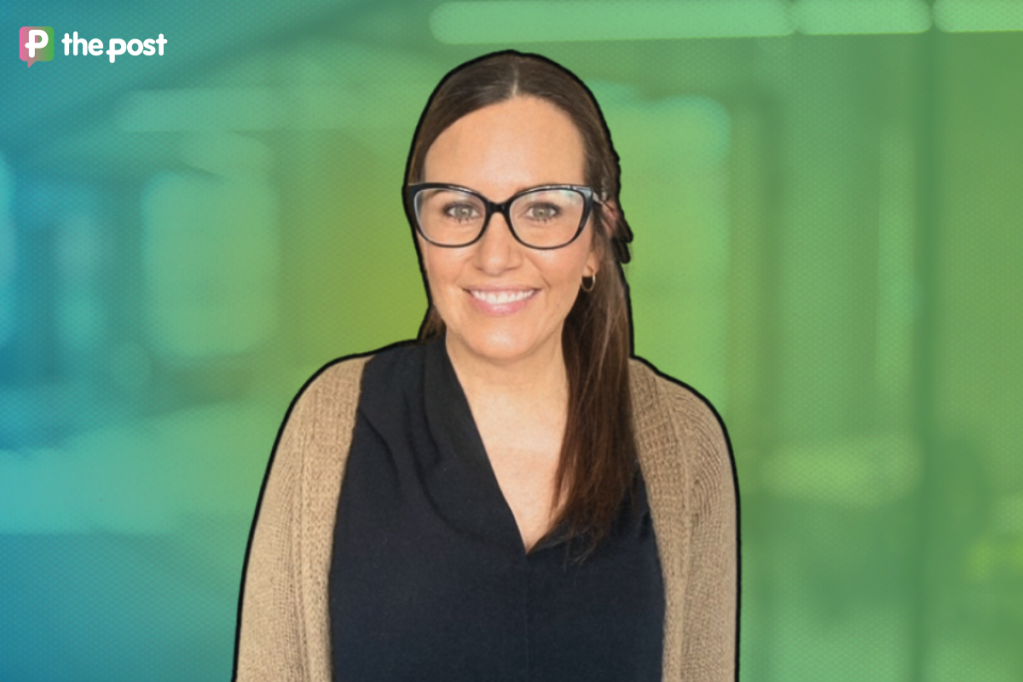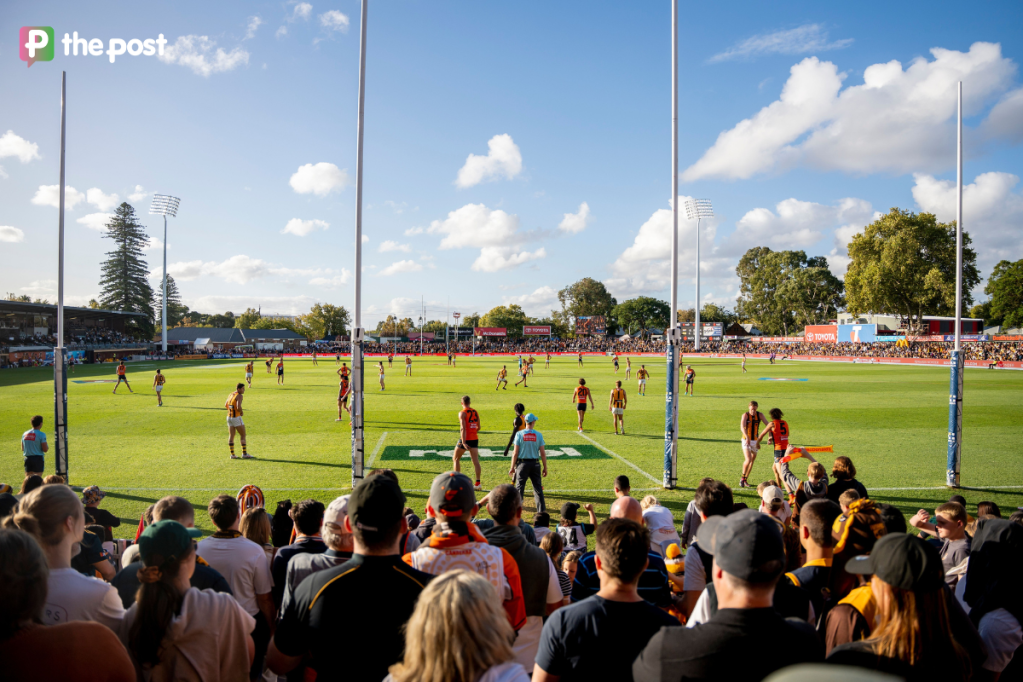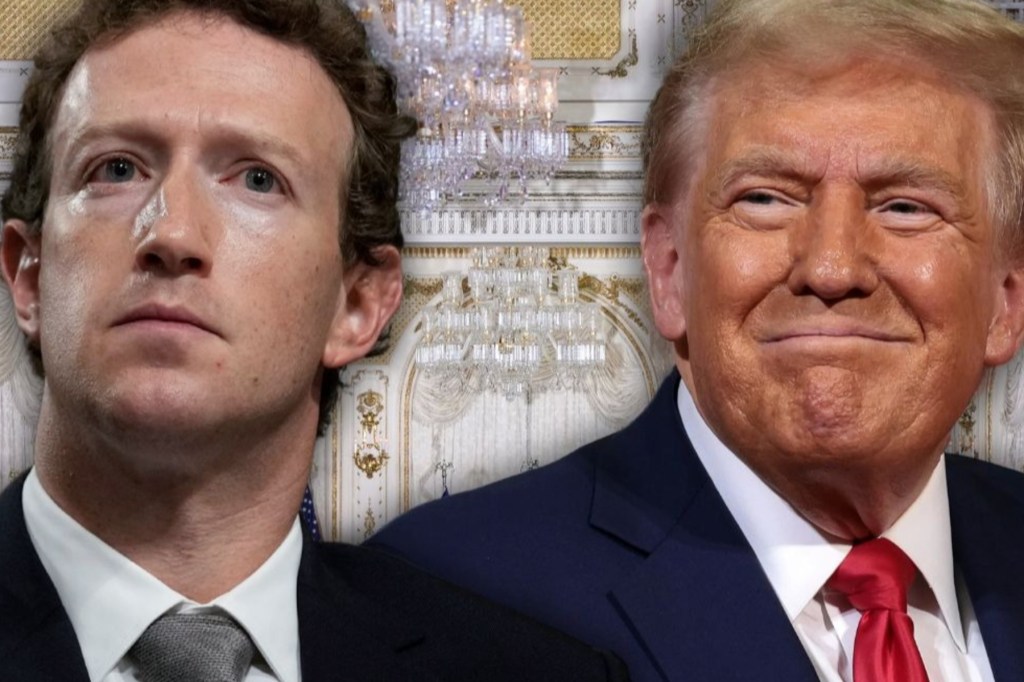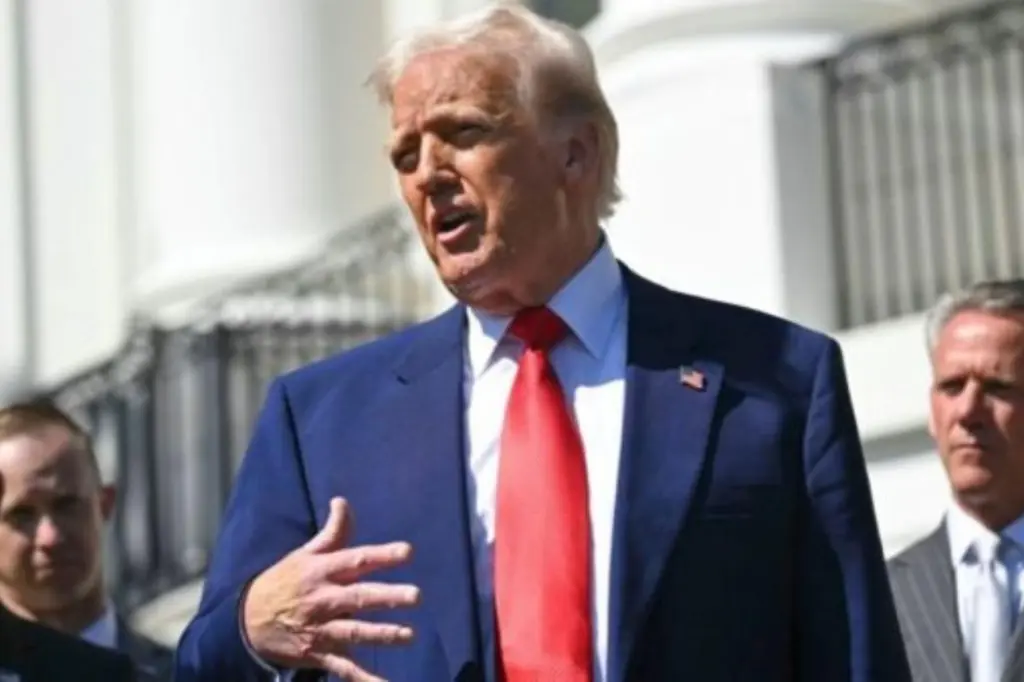Trump tariffs could trigger multiple rate cuts in Australia
Treasurer Jim Chalmers says Australian mortgage holders might expect up to four interest rate cuts this year as the world tries to understand the impact of American tariffs.
Chalmers on Monday (AEST) said the next rate cut could be as soon as next month, after the May 3 election, according to market expectations.
The Reserve Bank has so far reduced rates once in 2025 — in February.
“We are seeing very substantial volatility now in global stock markets and in our own markets as well,” Chalmers said.
“That’s largely a reflection of people’s concerns about the Chinese economy, but it also reflects the fact that markets are now expecting around four interest rate cuts in Australia this calendar year.
“The market is expecting multiple interest rates cuts over the course of the year beginning in May.”
He said there was more than a 50 per cent market expectation that the next RBA interest rate cut in May might be “as big as 50 basis points”.
The central bank next meets on May 19-20.
You might like
The market expects up to 125 basis points more of rate cuts in 2025, potentially front-loaded with a mega 50-basis-point cut in the RBA’s May meeting.
There is still much uncertainty about the effect of the tariffs on the economy, and much depends on whether US President Donald Trump flinches or doubles down.
Chalmers acknowledged a real risk of a global recession.
“We expect, and the Treasury expects, the implications for growth and inflation in the US and elsewhere to be very substantial,” he said.
“This is one of the many reasons that we describe the tariff decision to be ill-considered and unwarranted. The damage being done by that tariff decision is now very clear for all to see.”
In its Pre-election Economic and Fiscal Outlook released on Monday, Treasury’s economic forecasts noted “greater-than-usual uncertainty”.
“The indirect effects on Australian exports through our other major trading partners, particularly China, will be larger,” it said.
Treasury still forecasts Australia’s economic growth to accelerate to 2.25 per cent in 2025/26 and unemployment to remain low, around the 4.25 per cent mark.
Albanese and Dutton face off
Against the backdrop of global turmoil, Prime Minister Anthony Albanese and Opposition Leader Peter Dutton will come face-to-face in the first debate of the federal election on Tuesday night.
Stay informed, daily
The two leaders will be quizzed by 100 undecided voters at a people’s forum in western Sydney.
Cost-of-living pressures, housing, healthcare and the impacts of Trump’s tariffs and subsequent stock market volatility are likely to be key issues.
Workplace rights are also likely to be on the agenda after the Dutton backtracked on plans to ban public servants from working from home.
“We got it wrong, we’ve apologised for it, we support flexible workplace arrangements,” he said on Monday.
Dutton has also shelved plans to get rid of 41,000 public service workers if elected, opting instead for a hiring freeze.
Melbourne bank worker Made said taking up his employer’s offer to work two-to-three days from home spared him a 40-minute commute.
“Whenever I need it, I know it’s there, so it’s great to use and the more flexibility the workplace can offer can make it attractive as well, in terms of a place of employment,” the customer service representative said.
Registered nurse Edriza Dioses doesn’t have the luxury to work from home, but thought others should be able to as long as it didn’t affect the quality of their work.
“When people work at home, it is better for them because they have the liberty to spend time with their families during their free time, and it’s cost-effective if they don’t need to deal with traffic or have to wake up so early just to go for work,” she said.,
However, she didn’t consider Dutton’s backdown to be a negative, saying he had learnt from his mistakes.
Labor has sought to exploit the policy reversals, holding campaign events with families who have work-from-home arrangements in place.
“[Dutton is] pretending that the policies he announced… just don’t exist and that everyone will just forget about all that,” Albanese said.
Electoral rolls have closed with the Australian Electoral Commission confirming a record number of voters will be eligible to have their say.
The latest Newspoll showed Labor stretching ahead, leading 52 to 48 per cent on a two-party preferred basis.
A separate Roy Morgan poll suggested Labor was on track to be re-elected with an increased majority, leading 53.5 to 46.5 per cent.
But the outcome remains far from certain, with a hung parliament still in play.
